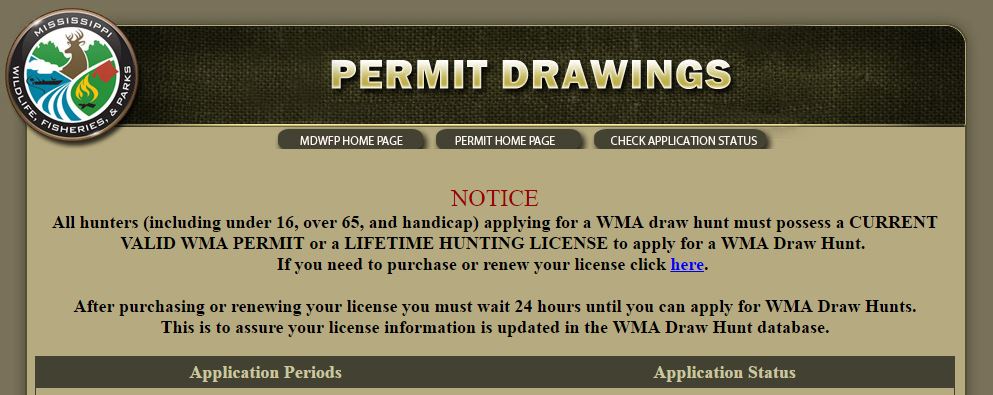Whether you are a hunter, a motel owner or simply a tax paying citizen you should be concerned about the economic impact of chronic wasting disease (CWD). CWD has been described as an always-fatal neurological disease that impacts cervids. This means mule deer, white-tailed deer, elk and other big game species found throughout North America.
The North American Model of Conservation weighs heavily on the shoulders of big game hunters. This model also delivers wildlife conservation efforts for both game and non-game species. White-tailed deer are THE most popular big game species that hunters seek, yet CWD threatens whitetail populations across the US.
Declining Whitetail Populations Means Hard Economic Impact
Source: “About 40 percent of the CWD-positive deer that enter a year are going to survive to the end,” Edmunds said in an interview. “It doesn’t bode well, especially in our population, where we have these high prevalence and incidence rates in female deer.
“In ungulate populations,” he said, “females are what drive population dynamics and so when you’re having only 40 percent of a large percentage of your female population survive through the year, that’s where we’re getting these population declines.”
Whitetail deer free of the neurological disease, by contrast, survived through the year 80 percent of the time.
Edmunds’ study found that hunting was the main cause of mortality for diseased buck whitetail. Before the disease manifested itself in significant physical changes, he found, it apparently triggered subtle behavioral changes that made whitetail bucks more susceptible to hunters’ bullets.
Chronic wasting disease itself, which causes deer to waste away in body and mind, was the leading cause of death for does.
Economics of Whitetail Deer Hunting
Deer hunting across the US is a huge economic engine, likely responsible for at about $35 billion in economic activity. This represents almost half of all hunting-related expenditures/monies. Almost $15 billion are generated from retail sales directly related to deer hunting.
This is especially important to rural communities where hunters travel, eat and sleep. The spread of CWD may seem like an inconvenience to all involved, but it’s impact will be felt and especially hard on rural towns if deer numbers decline as the study above suggests.
